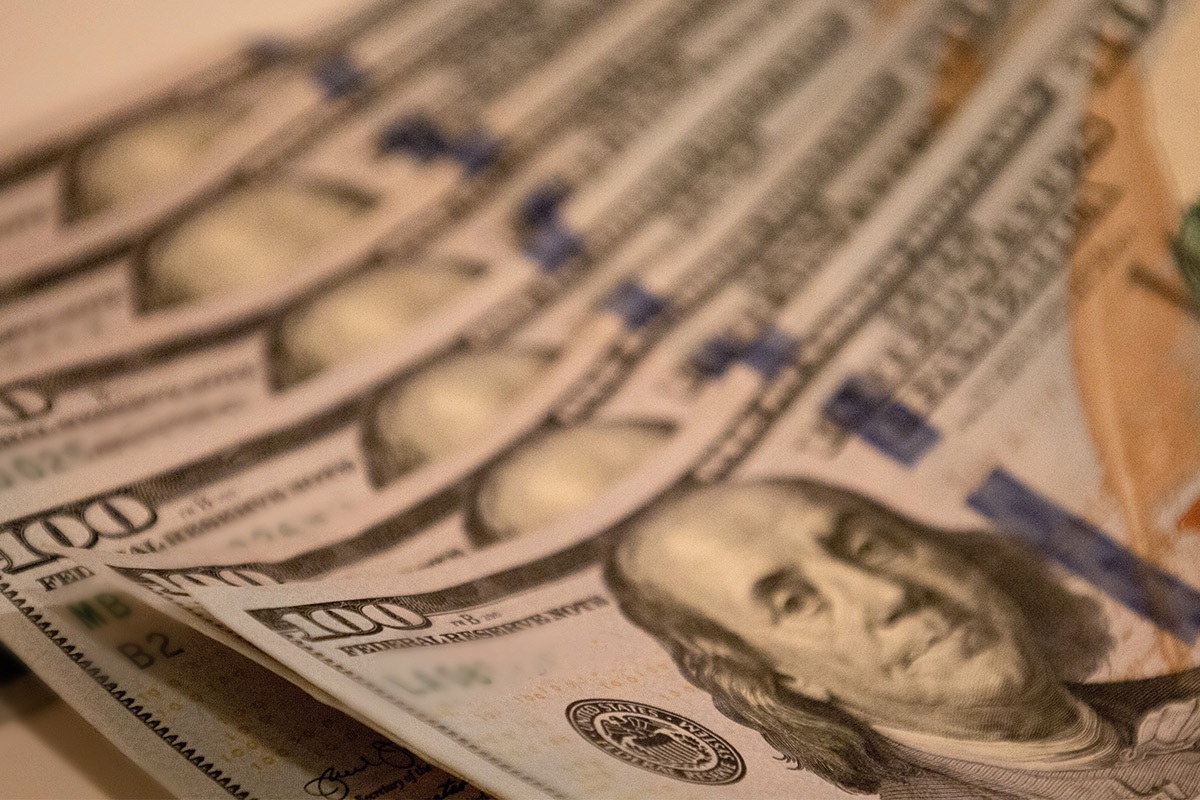Slower inflation in Japan
Japan is experiencing slower and more micro-based inflation than the US and Eurozone, according to Kyohei Morita, Chief Japan Economist at Nomura.
Although inflation has been a commonly discussed topic, its scale and scope are not equal among economies around the world, Morita said, speaking at the Nomura Investment Forum 2022 on November 29. Japan’s inflation based on consumer price index, or CPI, is estimated to be around 3% for 2022, while the US’s is at around 8-9% and the Eurozone’s at 10%.
CPI’s two major components, as analyzed by Nomura’s economists, are residential rent and service prices. These two are the major contributing factors to inflation in the US and Eurozone. On the other hand, Japan sees disinflation in service prices and house rents. As such, Japan’s central bank is looking to leave its yield curve control policy intact through 2023 until inflation is confirmed to be a macro phenomenon backed by rising services and housing rent prices.
To achieve a 2% stable inflation target, wages need to increase by 4-5% on the basis of spring wage negotiations, which is not likely to happen in 2023. Wage increases in Japan have been limited, with a cumulative per capita increase of 3% from 2000 to now. In contrast, per capita wages in the US and Euro area increased by 105% and 62% respectively in the same period, according to data presented at the Nomura Investment Forum.
Household savings, which tripled during the pandemic, will also boost consumer spending in 2023, according to Nomura analysis of data from Japan’s Cabinet Office.
Core CPI inflation will peak at above 3% in the fourth quarter of 2023, driven by food and energy prices, according to Nomura forecasts. It will then slow to reach close to 0% in the middle of 2024.
Japan’s economy set to benefit from tourism and economic packages in 2023
Japan’s economy will likely narrowly avoid a recession, helped by inbound tourism and economic packages, according to Morita. GDP is expected to grow at 1.9% in 2023.
More tourists are likely to come into Japan during the year as border controls loosen up after a prolonged period of being closed due to Covid-19. Tourists will also take advantage of the weaker Japanese yen, boosting consumer spending in the archipelago.
Prior to the pandemic, Japan welcomed as many as 35 million tourists a year, primarily from China, Hong Kong and Korea. Those visitors evaporated during the pandemic as Japan tried to insulate its country from visitors. As Japan loosens border controls in late 2022, the number of inbound tourists are expected to increase rapidly, supporting the Japanese economy even as the US and the Eurozone are expected to fall into a recession.
The country’s economy will also be helped by the third economic package from Prime Minister Fumio Kishida’s cabinet released on October 28. However, its impact may be limited. It is expected to boost real GDP by 4.6% or approximately 25 trillion yen, shy of the national government’s expenditure of 35.6 trillion yen.
Possibility of yen appreciation in 2023
The growing sense of a global economic slowdown will continue to exert pressure on the Japanese yen, but not for long, said Yujiro Goto, Head of FX Strategy, Japan, at Nomura. Inflation is set to peak towards the end of 2022, after which the US Fed will pause rate hikes in early 2023 and start cutting rates later in the year, according to estimates from Nomura.
As such, there is a possibility of rapid Japanese yen appreciation, especially in the first half of 2023, Goto said. A potential new governor at the Bank of Japan in April 2023 also provides room for a policy tweak. Recovery in travel and trade balances is also likely to prop up the yen.
Investors can count on Japanese equities in 2023
Stocks in Asia and Japan have been relatively resilient in 2022 as inflationary pressures were relatively moderate in these regions, said Yunosuke Ikeda, chief equity strategist, Japan, at Nomura. This is in contrast with the Western economies, which opened up after the pandemic in 2021 and recorded strong performances, only to decline in 2022. It is possible that milder inflation and larger room for reopening relative to the US and Europe contributed to Japan’s outperformance.
The outperformance can also be explained through specific sectors. In consumer discretionary sectors, price increases in the West caused companies to struggle, whereas slower inflation in Japan did not impact consumer discretionary spending. Real estate was also a sector with diverging performances between regions, with property markets in the US and Europe deteriorating while monetary easing in Japan helped local real estate prices to keep rising.
In the current economic environment, Japanese households still remain insensitive to price increases, with consumers not prioritizing lower prices when making purchases. This is because the savings rate in Japan remains at 10% of disposable income as a result of less travel and eating out, and acts as a buffer against any price increases. In the consumer goods sector, price increases have been passed on to customers, which have been more than capable of absorbing them. This is beneficial to Japanese corporations.
Comparing Japanese companies to European counterparts which face similar labor market inflexibility, there is room for the former to hike prices of goods and services and close the gap in operating margins with the latter. This is especially true for domestic demand driven sectors such as food, beverage and tobacco; consumer durables and apparel; and software and services, Ikeda said.
Lastly, there have been continued improvements in corporate governance in Japan. The reorganization of the Tokyo bourse to encourage listed companies to enhance governance for their sustainable growth may have encouraged the sale of strategic shareholdings, resulting in more pure play investors on the Tokyo Stock Exchange. Share buyback announcements by Japanese companies since April this year have been the highest ever, and the proportion of companies with no dividend payout ratio targets are now at 35.7%, the lowest on record and down from over 60% five years ago.
Investors can count on all these factors as they look at Japanese equities into 2023.






